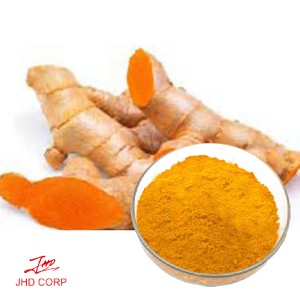What ingredients are great for supporting brain health and mood?
By including omega-3 fatty acids, antioxidants, B vitamins, magnesium, and curcumin-rich foods in your diet, you can support your brain health and potentially improve your mood.
When it comes to supporting brain health and mood, incorporating the right ingredients into your diet can make a significant difference. Several nutrients have been found to play a crucial role in promoting cognitive function and emotional well-being. Here are some brain health functional ingredients:
1. Omega-3 fatty acids:
Omega-3 fatty acids, particularly docosahexaenoic acid (DHA) and eicosapentaenoic acid (EPA), are essential for brain health. These fatty acids are found in fatty fish such as salmon, mackerel, and sardines, as well as in walnuts and flaxseeds. Research has shown that omega-3 fatty acids can help improve mood, reduce the risk of depression, and support overall brain function.
2. Antioxidants:
Antioxidants such as vitamin C, vitamin E, and beta-carotene help protect the brain from oxidative stress and inflammation. Foods rich in antioxidants include berries, citrus fruits, spinach, and nuts. By incorporating these foods into your diet, you can help maintain brain health and potentially reduce the risk of cognitive decline.

3. B vitamins:
B vitamins, including B6, B12, and folate, play a key role in brain function and mood regulation. These vitamins are involved in the production of neurotransmitters, which are essential for communication between brain cells. Foods rich in B vitamins include leafy greens, legumes, eggs, and lean meats.
4. Magnesium:
Magnesium is an essential mineral that plays a role in over 300 enzymatic reactions in the body, including those involved in brain function. Research suggests that magnesium may have a positive impact on mood and may help reduce symptoms of depression. Magnesium-rich foods include leafy greens, nuts, seeds, and whole grains.
5. Turmeric Root Extract Curcumin:
Curcumin is the active compound in turmeric, a spice known for its anti-inflammatory and antioxidant properties. Studies have suggested that curcumin may have potential benefits for brain health, including the potential to enhance mood and support cognitive function.
Incorporating these ingredients into your diet can be beneficial for both brain health and mood. However, it's important to remember that a balanced diet that includes a variety of nutrients is key for overall well-being.
In conclusion, by including omega-3 fatty acids, antioxidants, B vitamins, magnesium, and curcumin-rich foods in your diet, you can support your brain health and potentially improve your mood. A holistic approach to nutrition and overall wellness is essential for maintaining cognitive function and emotional well-being.















